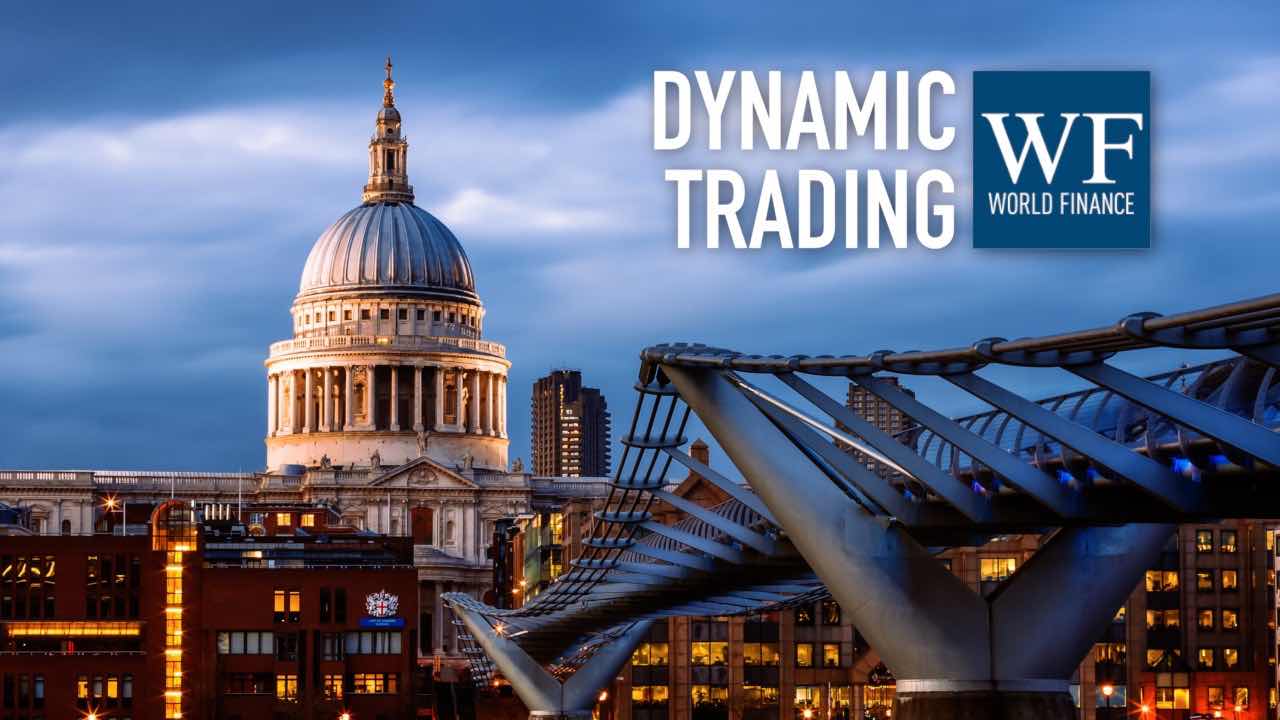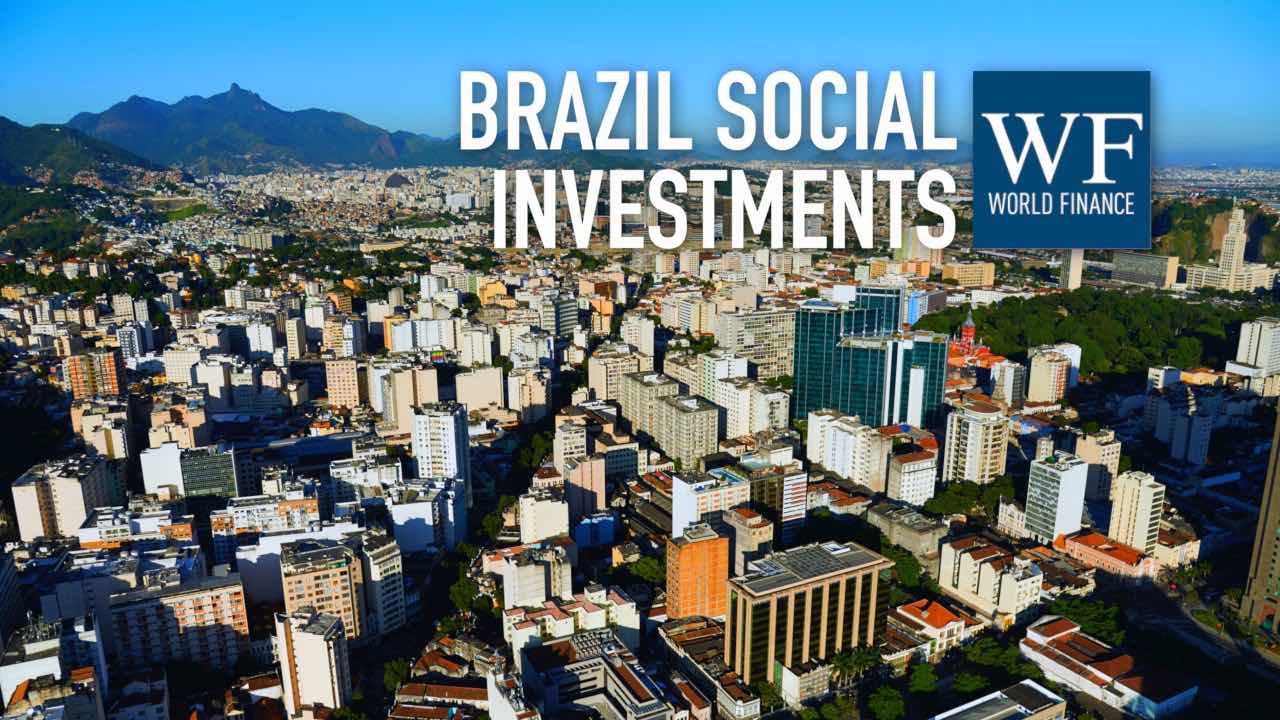Brazilian capital markets recover after government’s economic U-turn
The Latin powerhouse's new economic direction is a strange Brazilian miracle, explains BTG Pactual's Huw Jenkins
Related:
Transcript
Brazil’s economy has been recently rocked by scandal after scandal. The Bovespa index had its worst day since 2008 in May 2017, when newly appointed president Michel Temer was named in yet another bribery investigation. But the story of Brazil is one of two halves, explains Huw Jenkins from Latin American investment bank BTG Pactual. The first is its recent political instability, but the second is its recovery from recession. President Temer’s new economic team and positive legislation are pushing the country back to a place where investors have confidence – and infrastructure, real estate and retail are all now seeing strong growth in activity. Watch the second half of our interview with Huw, where he dives deeper into the equity issuances and M&A activity that’s come back to Brazil in 2016-17.
World Finance: Brazil is open for business, but investors are cautious; what should they be keeping their eyes on?
Huw Jenkins: It’s been a time of very significant political instability in Brazil. And that’s clearly rocked investor confidence. So we’ve seen the impeachment of President Dilma Rousseff, and we’ve seen the allegations brought against President Michel Temer.
But I think the story of Brazil is a story of, sort of two halves. One is this political instability, and the other is recovering from a very significant recession. Which was really triggered in many ways by the policies of the previous government, which resulted in an inflated public sector, very high levels of borrowing, and therefore a very low level of confidence from foreign investors.
In a way, there’s been a sort of, strange Brazilian miracle, where we’ve had Mr Temer – who was on the same ticket as Dilma Rousseff, as the vice president – introduce a 180 degree change in government policies. So we’ve seen some very significant legislation, a fiscal responsibility law, a labour law which is significantly improved the ability for flexible labour contracts in Brazil. And generally a move towards creating a much more flexible, modern, open market economy.
So I think investors are now generally looking more at the macroeconomic fundamentals, and a little bit less at the political instability.
World Finance: How is that actually coming through in investments and in business growth?
Huw Jenkins: You know it’s interesting. I can say we certainly haven’t yet seen it in business growth. So I think one of the big challenges for this government is, can they actually deliver both economic growth and job growth before the elections in 2018? And that’ll be very important I think for setting the tone for 2018 and beyond.
But if you look at the investment side of the coin, you can see that foreign direct investment has remained very strong in Brazil. So even though they were running a current account deficit over the last three years, that’s been more than compensated by very high levels of FDI. And we continue to see that in our M&A franchise.
And then on the capital markets side, after a very quiet period in 2014 and 2015, from the second half of 2016, we’ve seen a very significant pickup in equity capital market activity.
And that was really as a result of the impeachment of Dilma Rousseff, and the introduction of the new government. So there was generally a scene of significant improvement in the macroeconomic scene.
And then secondly, inflation started to tail off. And that of course started to create the conditions for reducing interest rates. Which as we know is constructed for equity markets. So then we started to see issuance re-emerge.
World Finance: Where are we seeing that activity come back?
Huw Jenkins: So we’ve seen it in real estate, we’ve seen it in retail, in car rental, in infrastructure. Less so in finance, but I would say broadly, across the board, there’s a hunger for capital in Brazil, where balance sheets have been starved of new capital, new investment.
There are now strong investment opportunities, and a willingness to come to the markets and issue, even on what looked like reasonably low prices relative to historical price levels.
But the real shift has been the interest by international investors in Brazil. And I think with the recovery of the commodity cycle in the second half of 2016, these improvements on the macroeconomic side that I’ve described. Together with, generally, an improving emerging markets environment from about that time. International investors have started to look at Brazil again. And of course, it’s that marginal investor which dictates the price and determines the success of these transactions.
World Finance: So what should the government be looking at to make sure that this sustained interest from international investors can continue for the next few years?
Huw Jenkins: You know, I think it’s going to be a function of continuing to see the political noise decrease. There’s a very important event with the election of the next president in the fall of 2018. Continuing to see the macroeconomic numbers play out. And at some point, starting to see the conclusion of these corruption investigations.
And it feels as though the scope of these investigations are now much better understood, and we’re moving towards a resolution. So perhaps people are less anticipatory of significant shocks from these investigations.
World Finance: Huw, thank you very much.
Huw Jenkins: Thank you.

 Recall Capital launches dynamic market trading solution in London
Recall Capital launches dynamic market trading solution in London Empresta Capital adopts SPM standards to gauge social investment impact
Empresta Capital adopts SPM standards to gauge social investment impact
